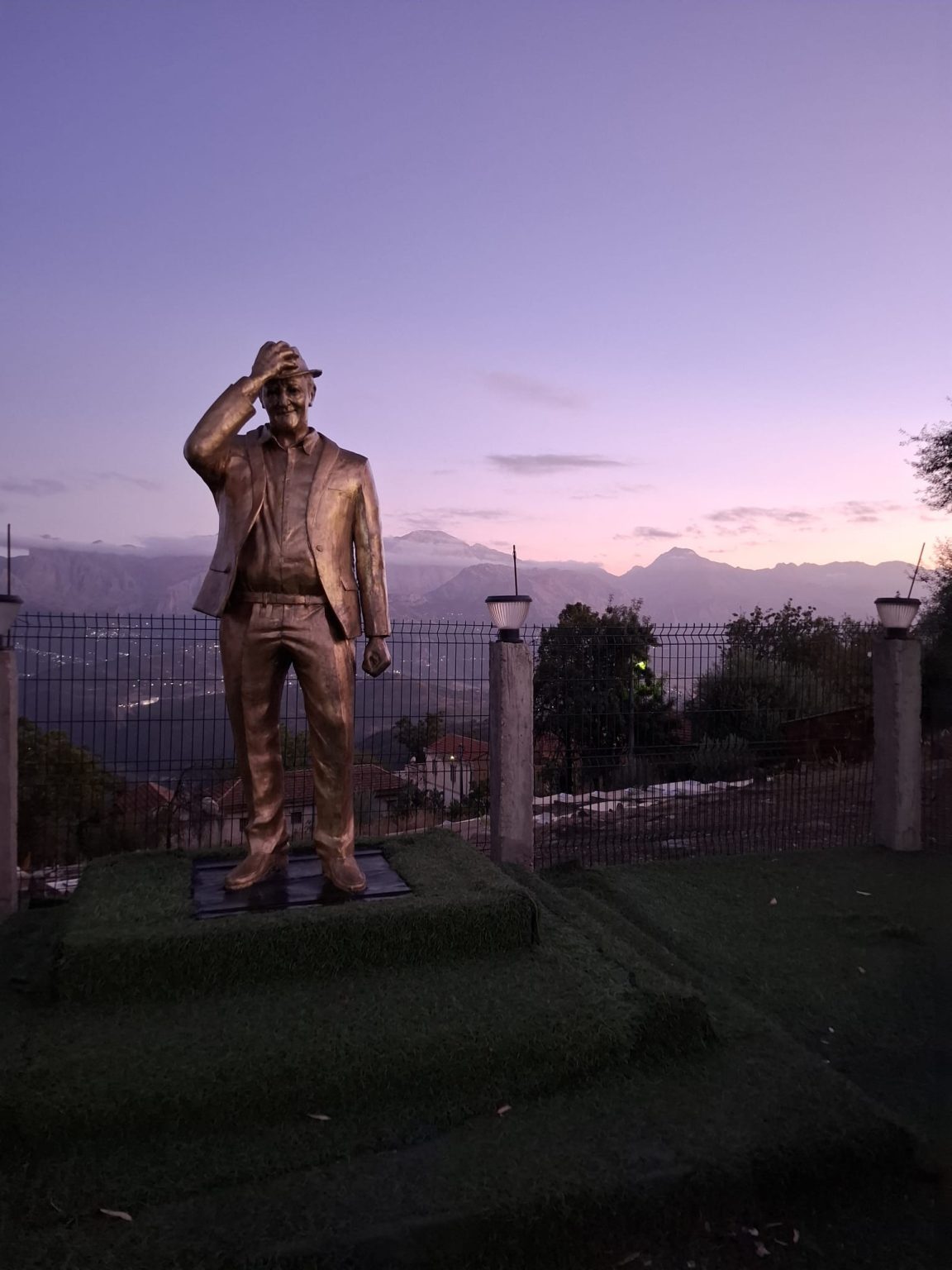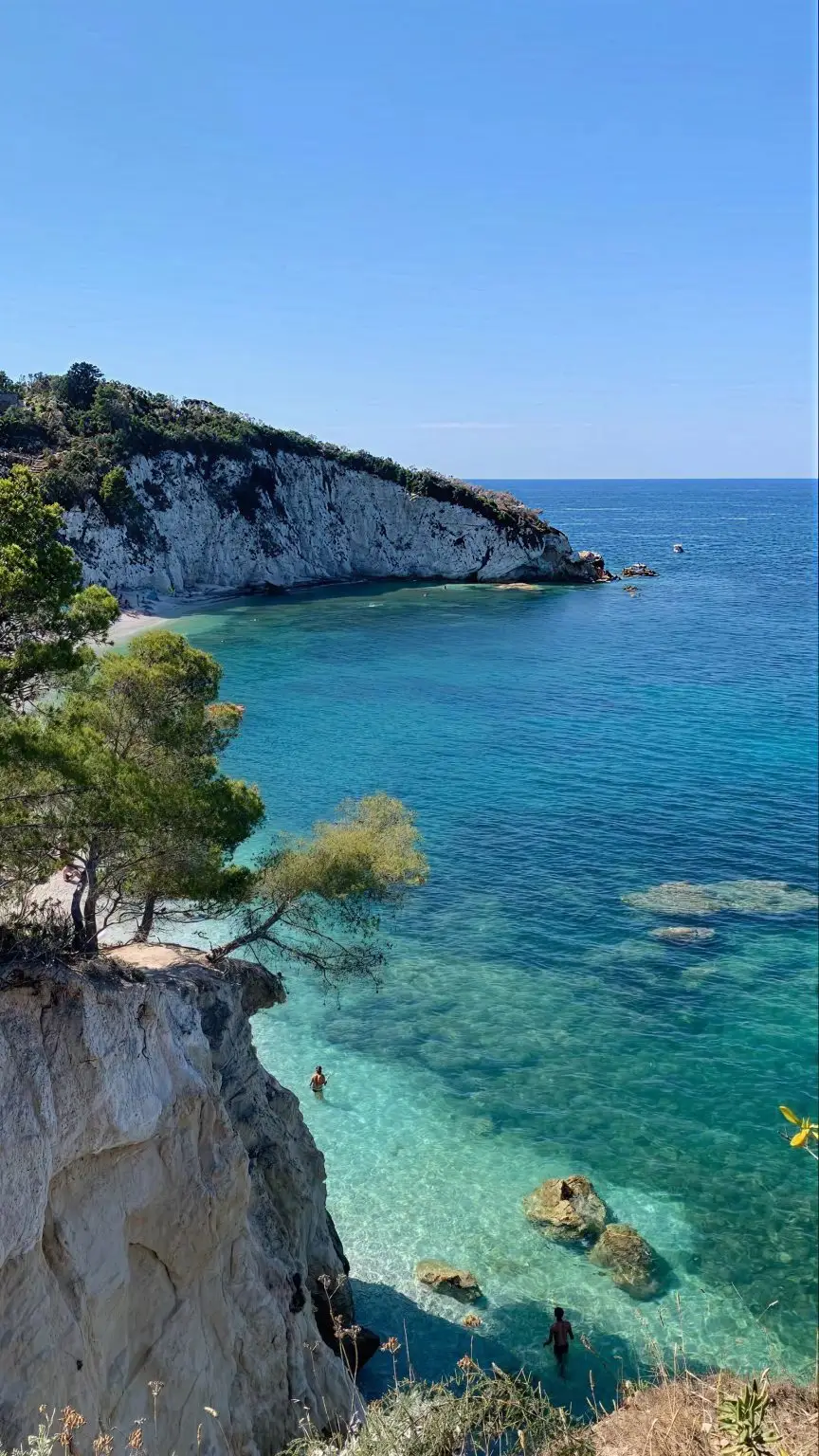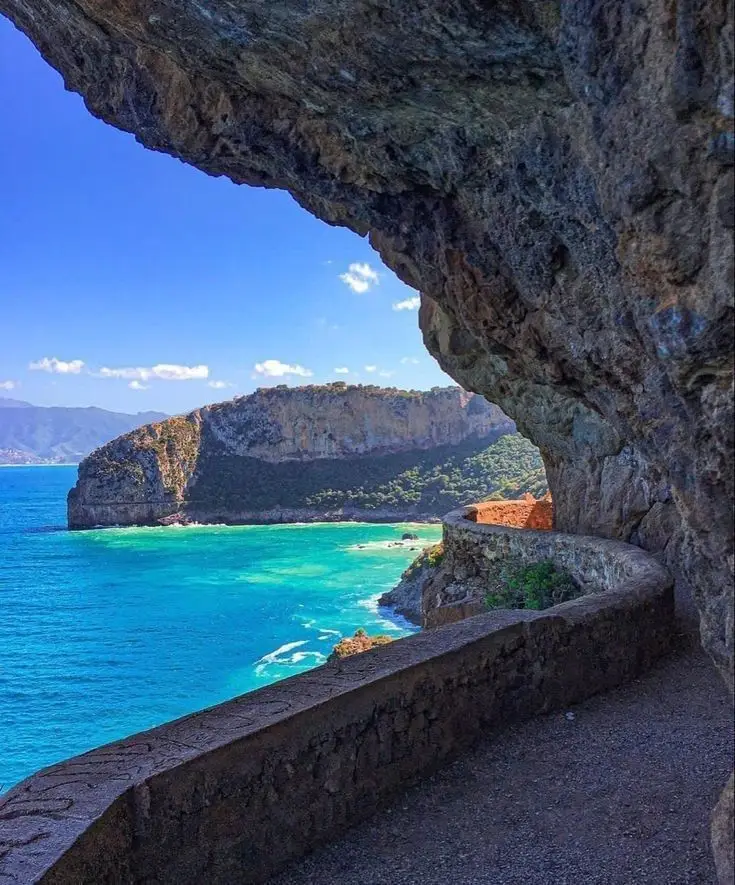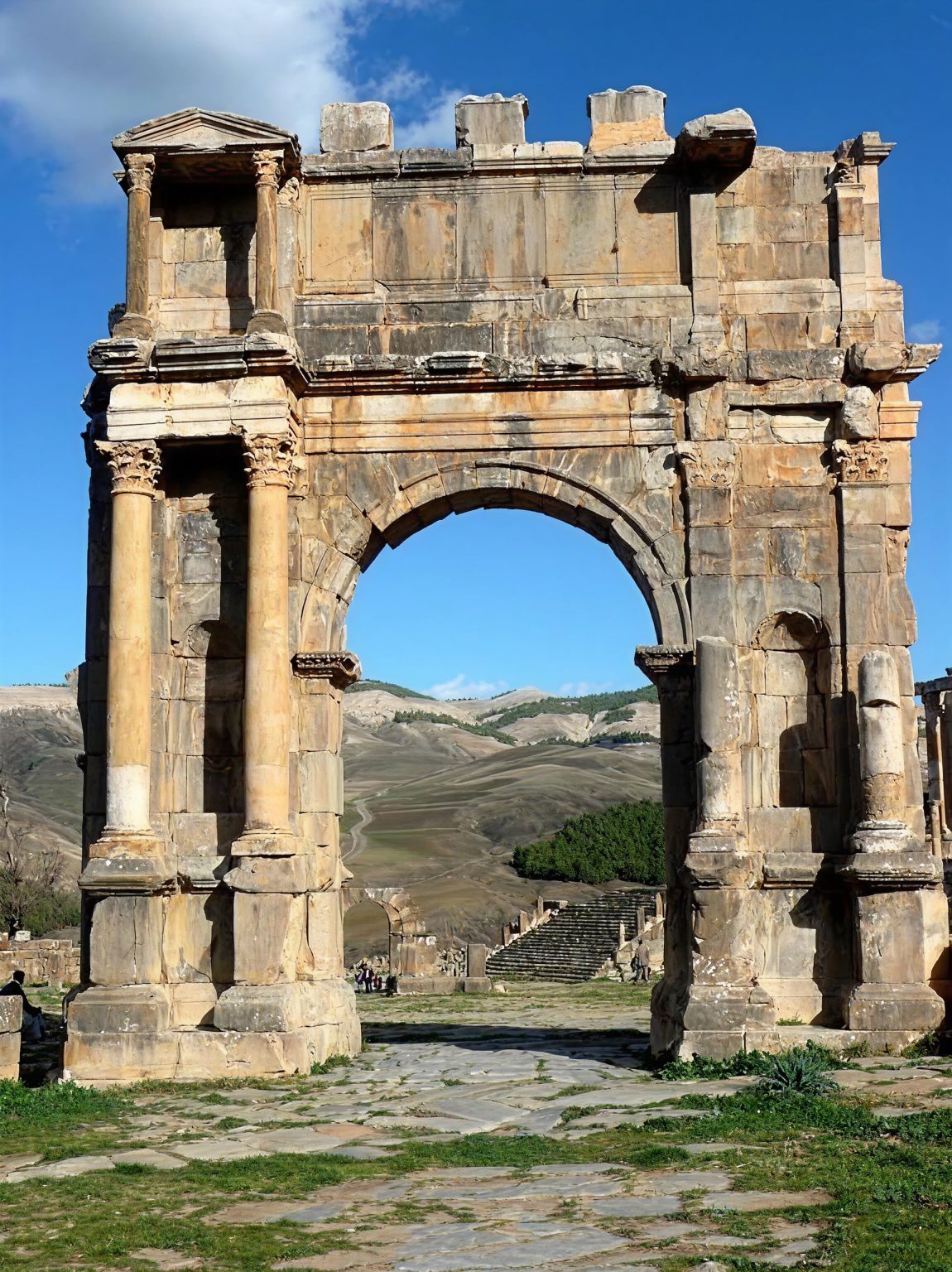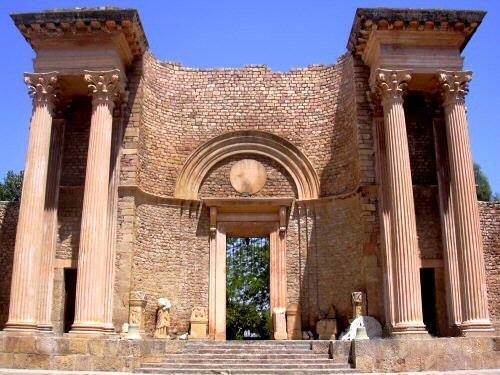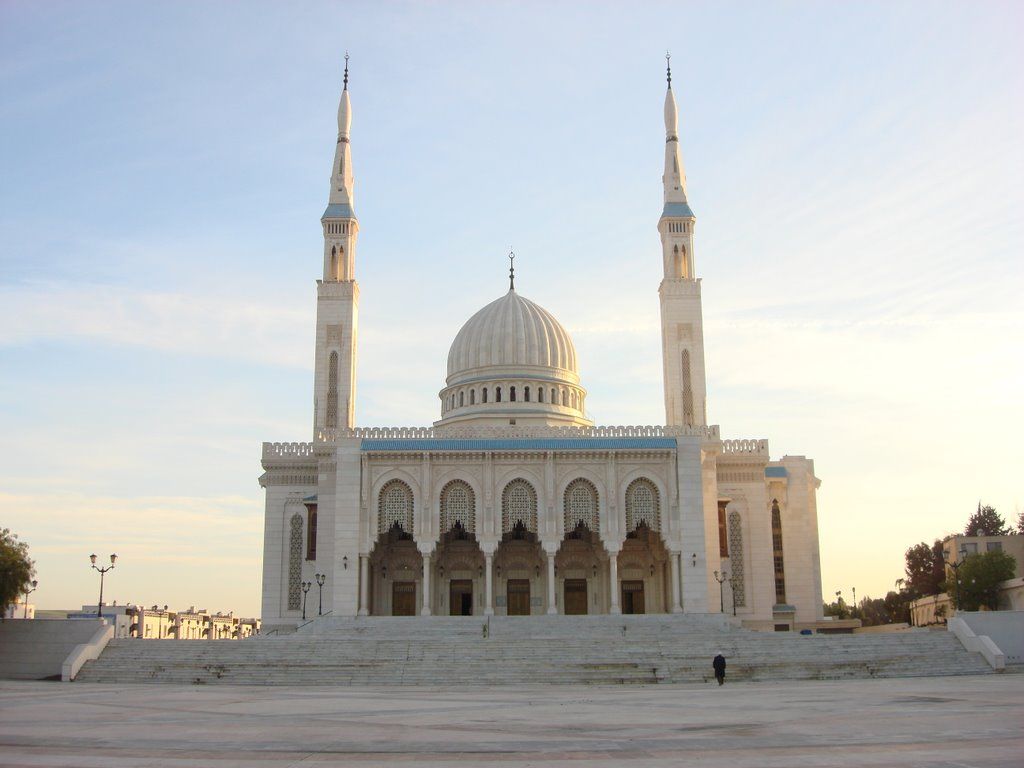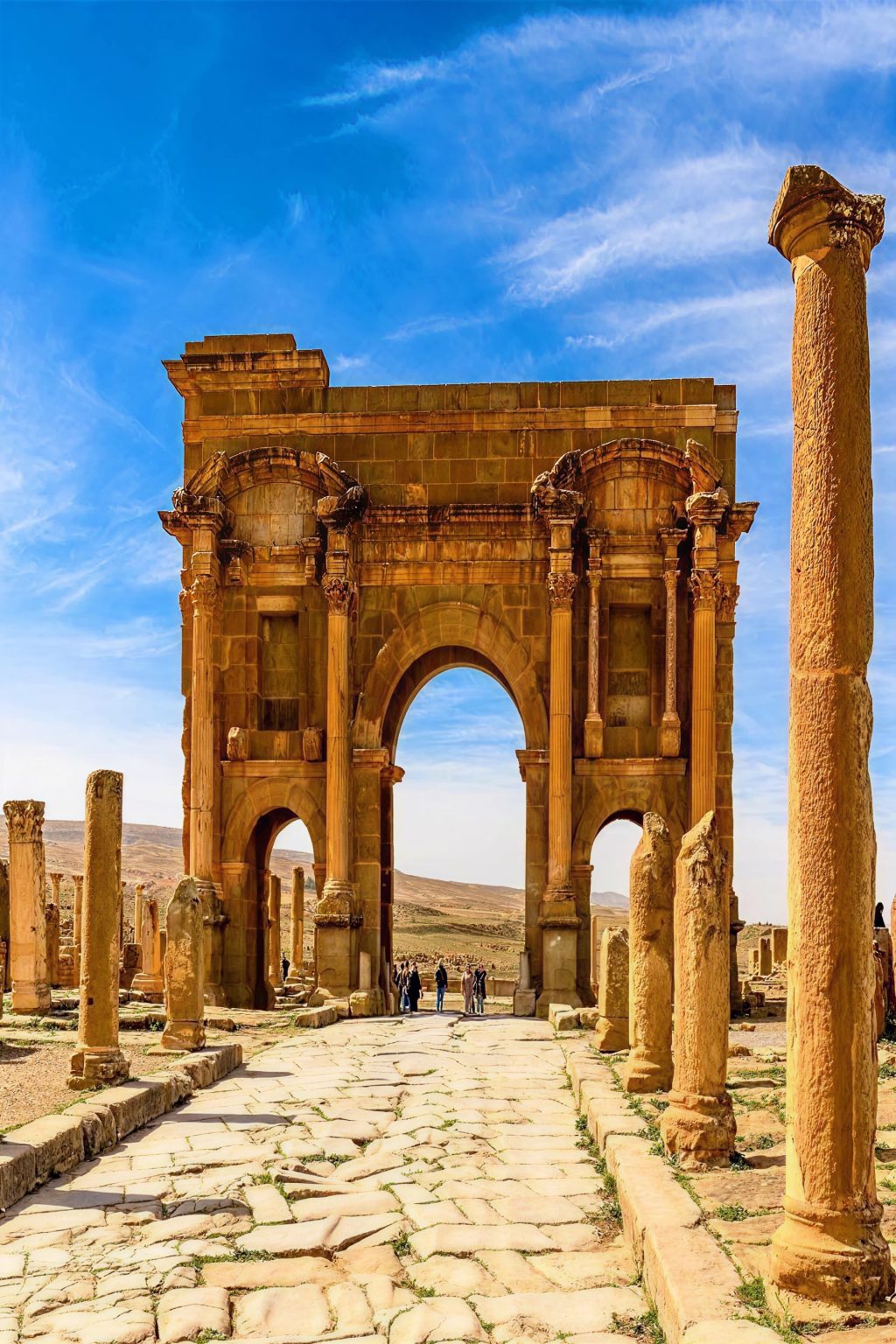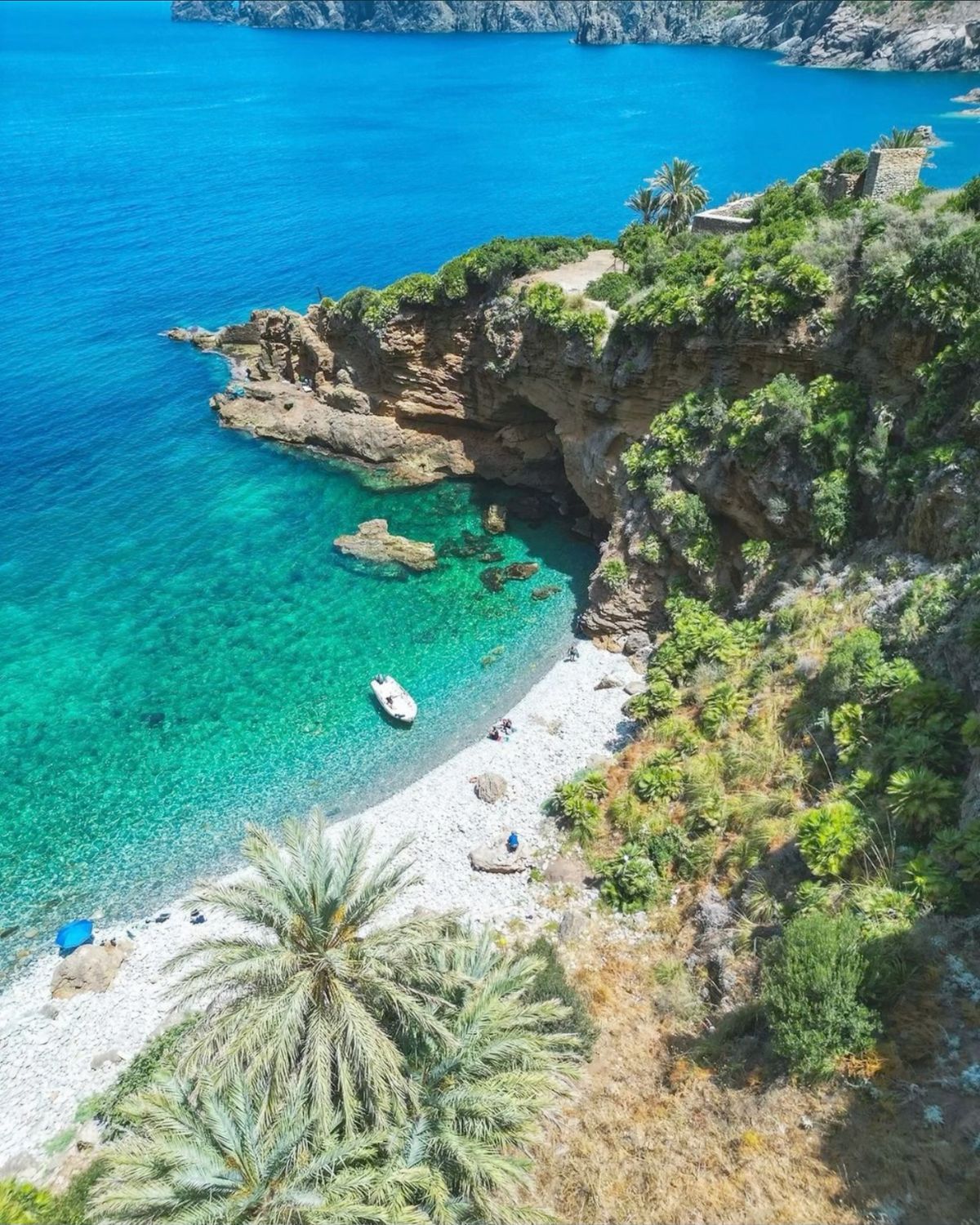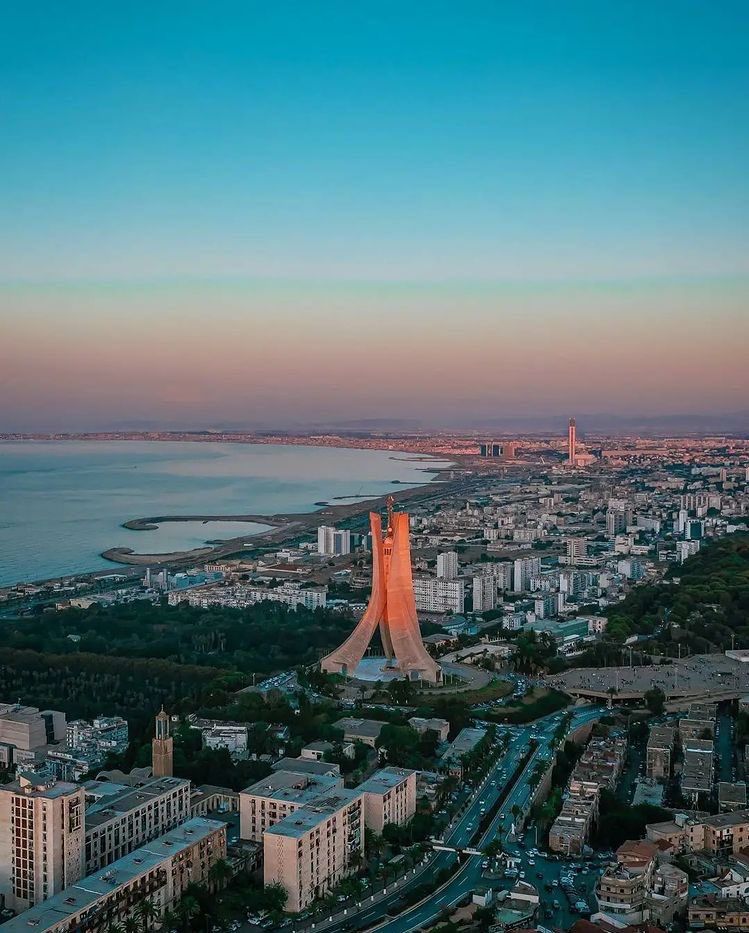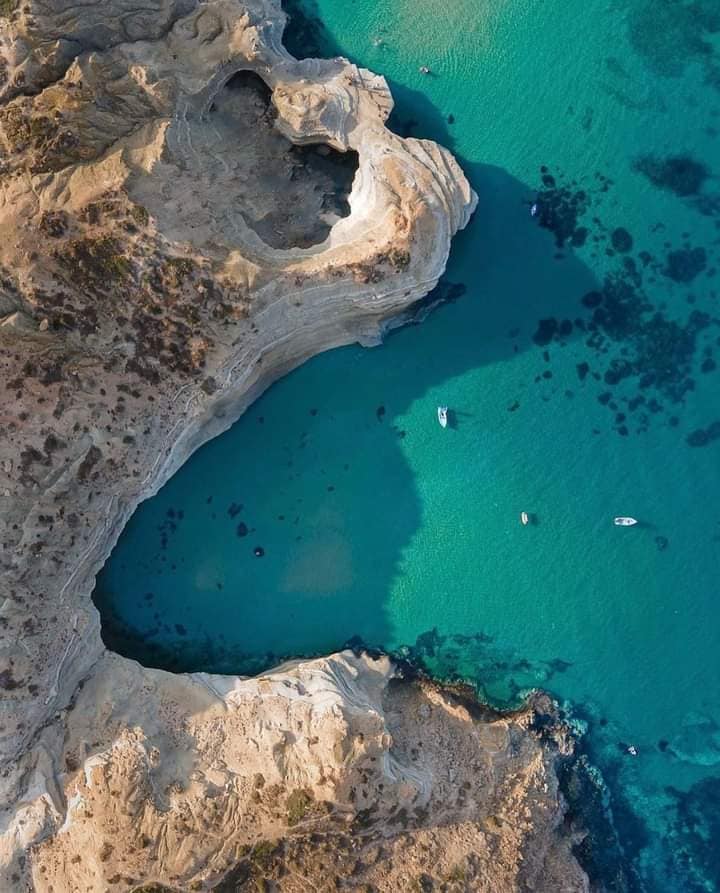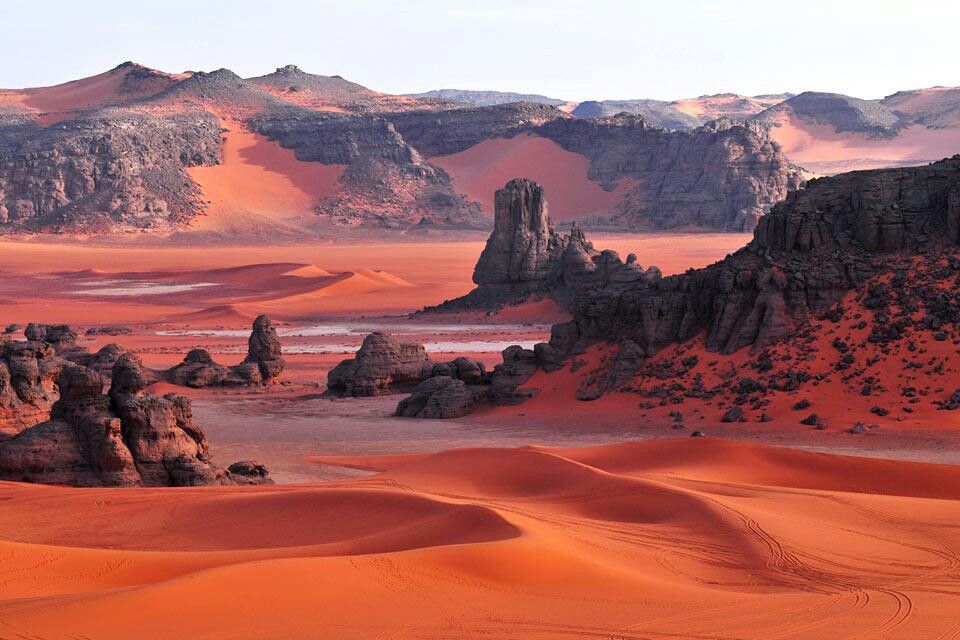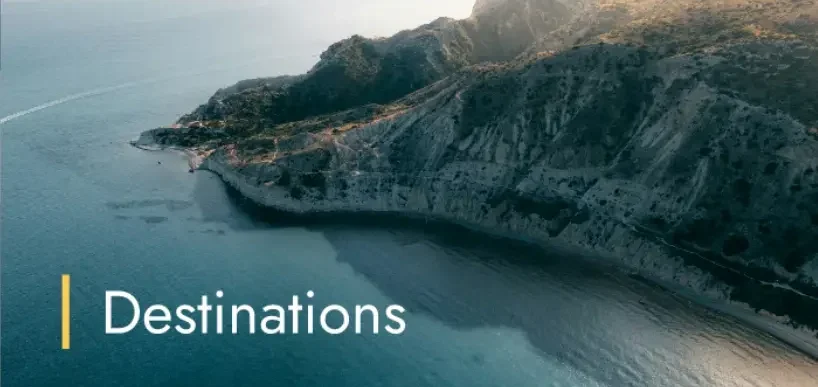Founded in antiquity, Sétif was an important center during the Roman Empire, known as Sitifis. The nearby ruins of Djemila are one of the best-preserved Roman sites in North Africa. Over the centuries, the city has preserved its heritage while modernizing. Today, Sétif is a major cultural and natural crossroads.

Sétif seduces visitors with its blend of ancient heritage and alpine nature. Between the fascinating ruins of Djemila and the wild trails of the Babor massif, it offers a complete and authentic experience. A jewel in the crown of eastern Algeria.
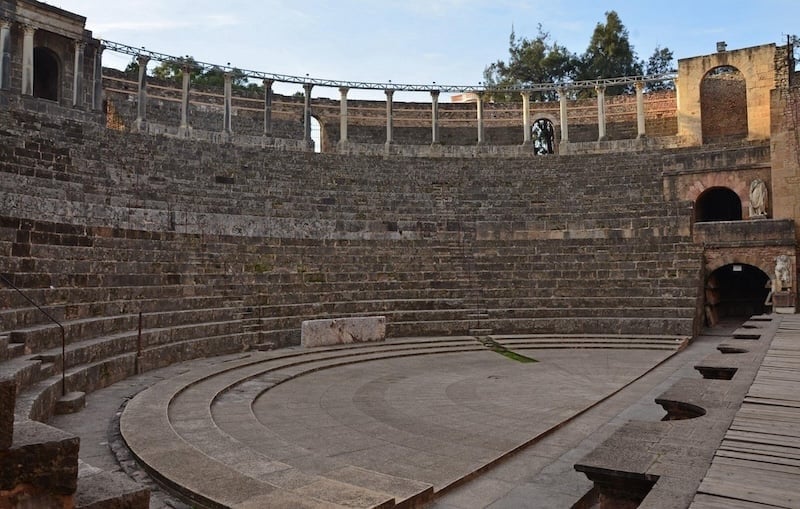
Discover Djémila, the ancient Cuicul, an archaeological jewel listed as a UNESCO World Heritage Site and one of the best-preserved Roman sites in North Africa. Perched at an altitude of 900 metres, this ancient city reveals its exceptional architectural treasures: a grandiose forum, a 3,000-seat theatre, sophisticated thermal baths, Christian basilicas and patrician houses adorned with colourful mosaics. Stroll the cobbled streets of this prosperous 2nd-century city, admire the Arch of Caracalla and explore the museum, which houses a remarkable collection of sculptures and mosaics. A fascinating immersion in the grandeur of the Roman Empire in the heart of the mountains of Petite Kabylie.
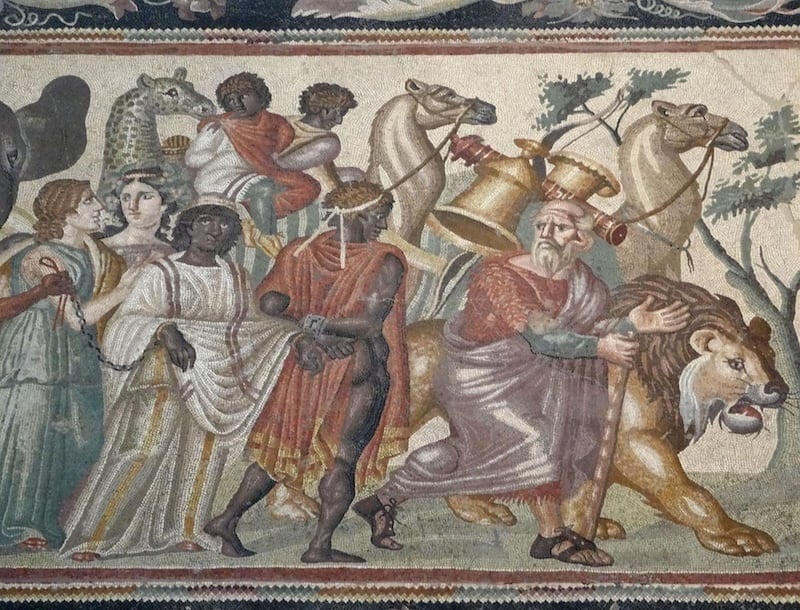
Discover the archaeological treasures of the region at the Musée National d’Archéologie de Sétif, the exceptional guardian of the ancient heritage of the Hauts Plateaux. This remarkable museum exhibits a unique collection of Roman mosaics, Numidian sculptures, Berber jewellery and everyday objects that bear witness to the rich civilisations that flourished in this strategic region. Explore the themed rooms that trace the cultural evolution of Sitifis, from prehistoric times to the Islamic period, through exceptional exhibits enhanced by modern, educational museography.
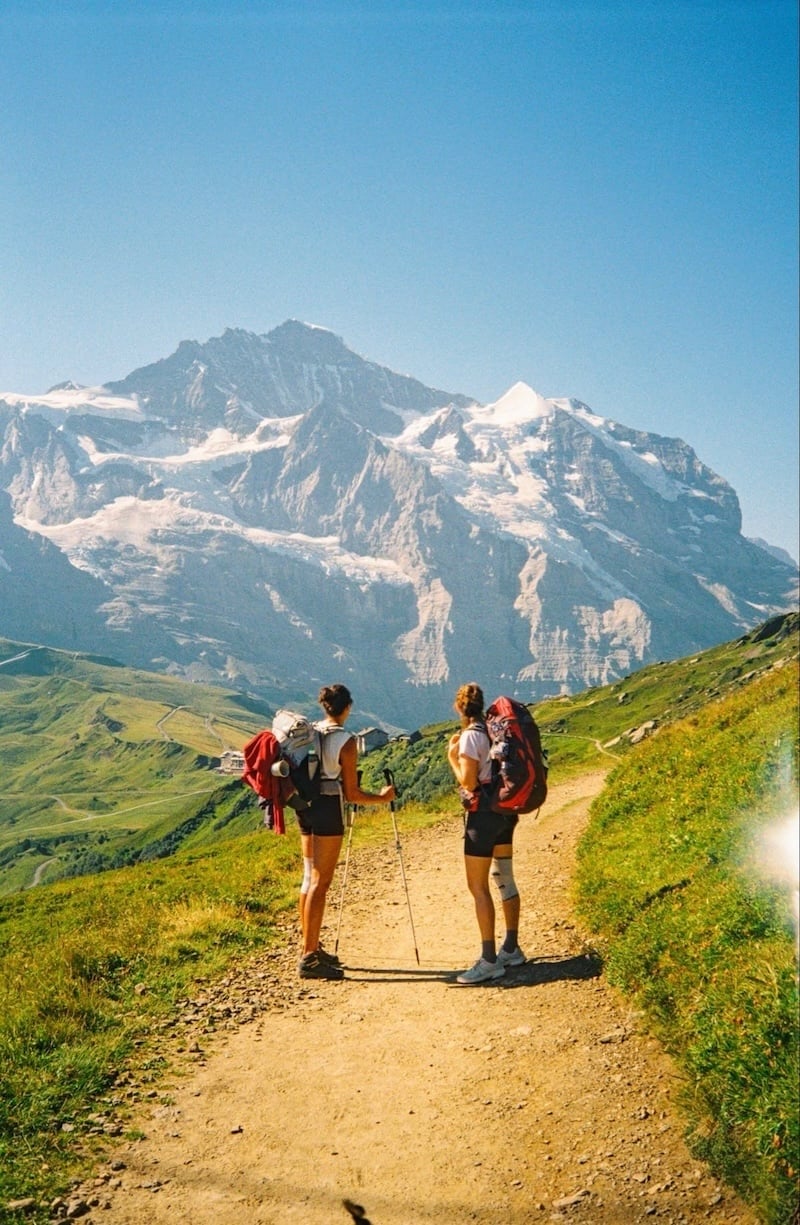
Set off to conquer the majestic Babor massif, the highest point in Little Kabylia and a biodiversity sanctuary unique in Algeria. This exceptional hike takes you through centuries-old cedar forests, flower-filled clearings and ridges offering spectacular panoramic views of the surrounding mountains. Discover endemic flora and fauna in this unspoilt national park, where trails wind between mountain lakes, natural springs and impressive rock formations. An unforgettable adventure for nature lovers and mountain hikers, in one of the richest ecosystems in North Africa.
